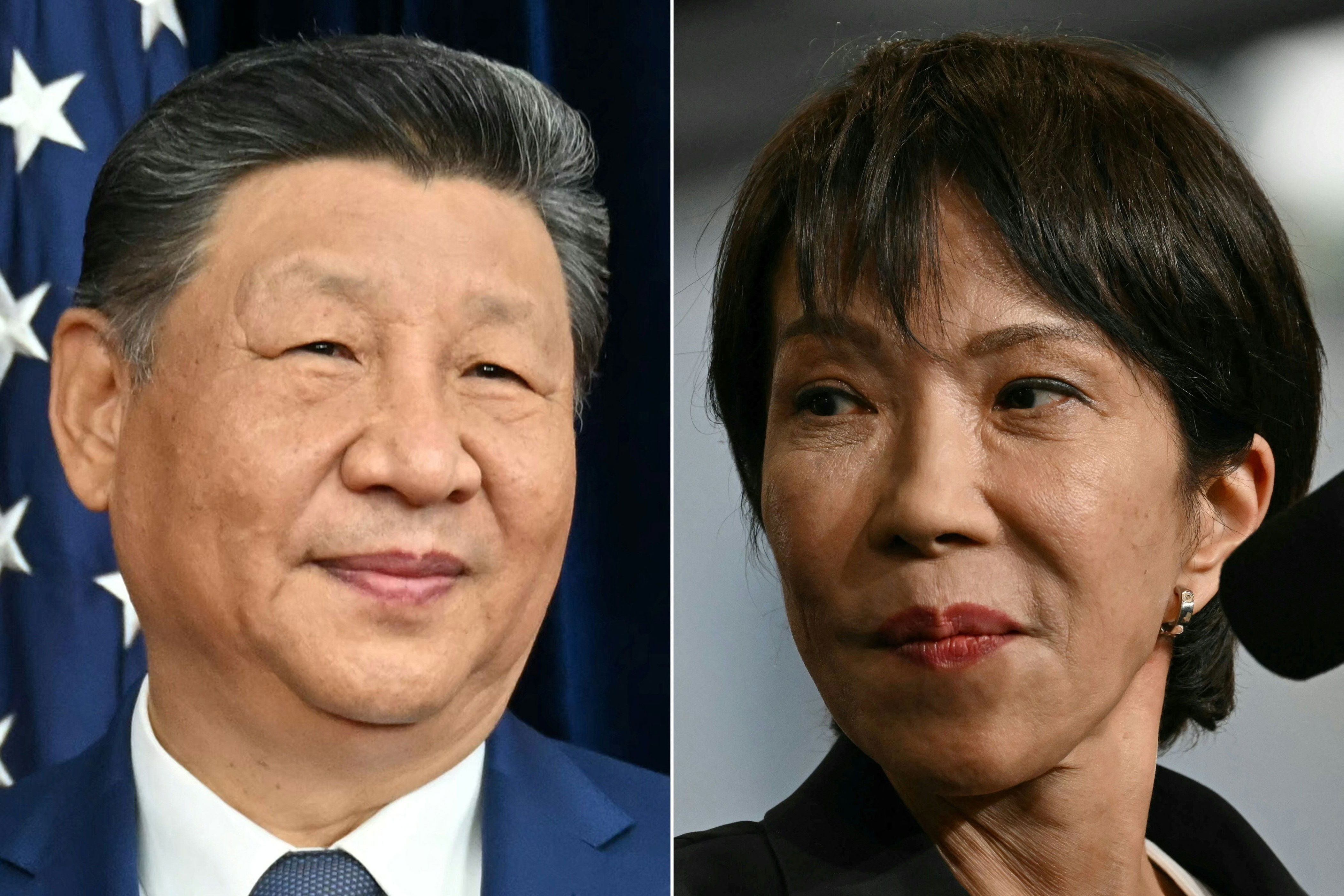China Bans Japanese Seafood Imports Over Taiwan Dispute

Escalating Tensions Between China and Japan Over Taiwan Contingency
Amid rising tensions between China and Japan over their respective positions on a potential contingency in Taiwan, there have been significant developments in the relationship between the two nations. Reports indicate that China has formally notified Japan of a suspension of seafood imports from Japan, marking another escalation in the ongoing diplomatic dispute.
According to the information, the Chinese government conveyed this decision through official diplomatic channels early in the morning. This move comes as part of a broader pattern of pressure exerted by China against Japan, which includes advising against travel and study in Japan, as well as delaying the screening of Japanese films. These actions have drawn comparisons to past restrictions on Japanese cultural content.
Japan’s Stance on a Potential Taiwan Crisis
Japanese Prime Minister Sanae Takaichi has made it clear that Japan would view any crisis involving Taiwan as a direct threat to its national security. In a statement, she emphasized that Japan could exercise its right to collective self-defense, potentially mobilizing the Self-Defense Forces in coordination with U.S. forces to counter any Chinese military aggression against Taiwan.
This declaration has been met with strong reactions from Chinese officials. Xue Jian, the Chinese consul general in Osaka, made controversial remarks suggesting that those who "intrude" would face severe consequences. Meanwhile, Chinese state media has criticized Japan for what it describes as a dangerous return to militarism, dismissing any attempts to interfere with China's unification efforts as futile.
Diplomatic Meetings and Rising Tensions
In an effort to address the growing tensions, Masaaki Kanai, Director-General of the Asian and Oceanian Affairs Bureau at Japan’s Ministry of Foreign Affairs, met with Liu Jinsong, Director-General of the Asian Affairs Bureau at China’s Ministry of Foreign Affairs, in Beijing. However, the meeting did not prevent further controversy from emerging.
Following the meeting, footage circulated on Chinese social media showing Liu Jinsong appearing stern, with his hands in his pockets, reprimanding someone while Kanai appeared to bow his head beside him. This image has fueled speculation about the nature of the discussions and the level of tension between the two sides.
Historical Context: Fukushima Nuclear Water Discharge
The current situation is also influenced by previous events related to the Fukushima Daiichi Nuclear Power Plant. In August 2023, Japan began discharging treated water from the plant into the ocean, a move that China strongly opposed. As a result, China imposed a complete ban on seafood imports from Japan.
In June, China announced that it would resume importing seafood from regions outside of the 10 administrative areas previously affected by the ban. This led to the first shipment of 6 tons of frozen scallops from Hokkaido to China in approximately two years. However, this resumption was short-lived, as China decided to halt imports again after about half a month.
Reasons Behind the Import Halt
According to a Japanese government official cited by Kyodo News, the Chinese side claimed that the import halt was necessary for monitoring the effects of the contaminated water. This explanation has raised concerns among Japanese officials and industry representatives, who argue that the decision appears to be politically motivated rather than based on scientific evidence.
As tensions continue to rise, the situation between China and Japan remains closely watched by the international community. The implications of these developments extend beyond bilateral relations, affecting regional stability and global trade dynamics.

Comments
Post a Comment